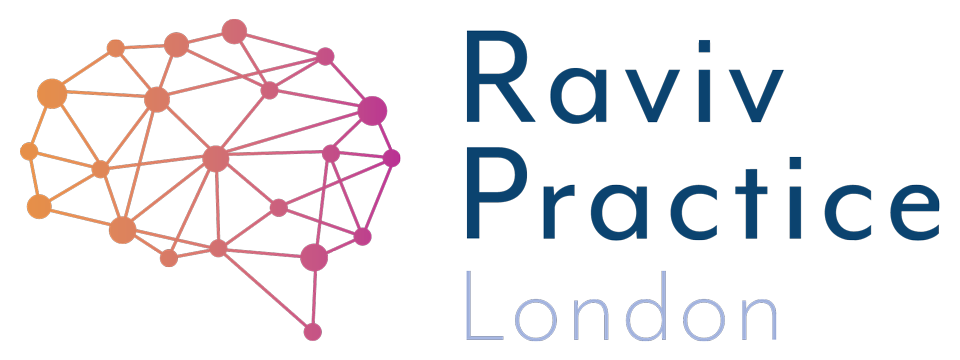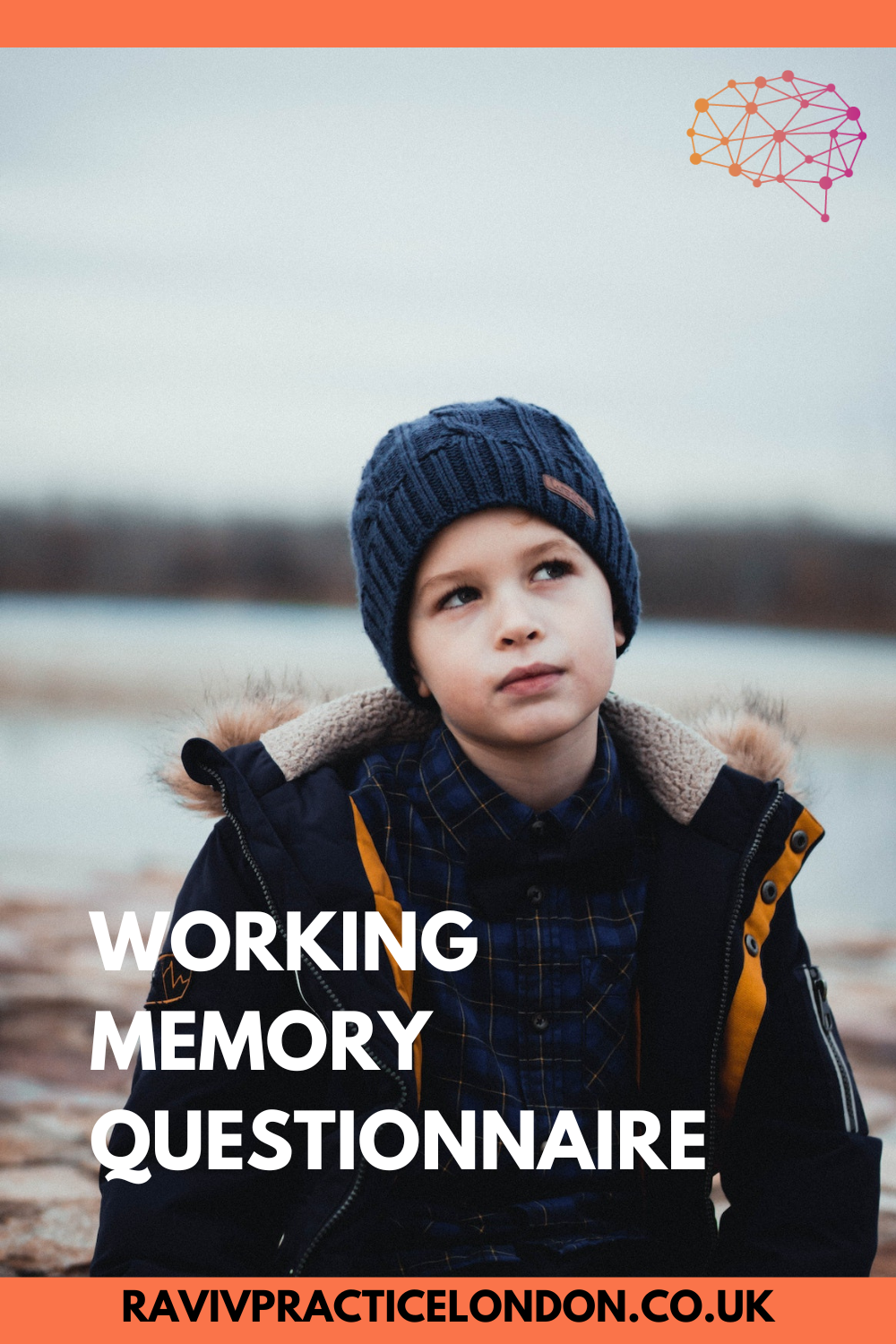Does your child constantly talk about doing things wrong?
Does your child constantly talk about doing things wrong?
Does your child always talk about their mistakes and doing things wrong all the time? If so, it can be very troubling. We all want our children to grow up confident and happy in their abilities, and able to face life’s challenges with positivity. So, what can we do to help them if they seem stuck in a cycle of negativity about themselves?
I recently worked with a student called Albi (short for Albert) who had this problem. In mid-July, Albi turned seven, making him one of the youngest in his year group. We had already been working together for several months, and by using a mixture of iLS Focus and Alpha to Omega as part of the one-to-one therapy, he has jumped two years and six months in reading age.
It is a significant achievement for little Albi, and all of this in just eight and a half months of weekly work with me and at home. Previously, he could not understand the sequence of the alphabet, nor could he understand the direction of letters and numbers. Everything was a big jumble for him, but now he is catching up with his peers at a rapid rate.
“Often, when children have poor working memory, they learn through developing a technique by rote. That can work for them in many cases, but if the method they learnt cannot be applied, or if someone tries to show them an alternative method, they often become upset and can see it as their fault.”
Yet, despite all the success at school, there remains a discrepancy between his emotional intelligence and academic ability. Albi has such a high expectation of himself, and he works so incredibly hard. A recent development I witnessed was his distress when a task wasn’t going to plan: a drawing of a sunflower.
As his frustration grew, the pencil marks became more and more frantic. This drawing wasn’t measuring up to his own expectations, and he found this very distressing. As he spoke, the drawing became messier and messier until it just became rough scribbling, and tears began to roll down his cheeks. Albi had two fixed viewpoints: things are either correct or incorrect. This perspective meant his identity just boiled down to two things in his head: either he was able to succeed at a task because he was smart, or not succeed because he was not smart enough. There is a lot going on with feelings of inadequacy, but one thing we don’t always consider is the cognitive element – in this case, poor working memory.
Often, when children have a poor working memory, they learn by developing a technique by rote. That can work for them in many cases, but if the method they learned cannot be applied, or if someone tries to show them an alternative method, they often become upset and can see it as their fault. Albi knows he can ask an adult how to do something, but often he gets stuck in thinking he would never be smart enough to do it. This viewpoint of not feeling smart enough needed to change.
Metacognition and problem-solving
Metacognition is thinking about how we think, and how we apply our thinking skills to solve a problem. I wanted to help open Albi’s mind to the joys of problem-solving and being curious about different approaches to thinking.
I started with colourful Tangram Puzzles, but they were too easy and offered no real challenge, so we moved onto Sudoku: these vary in complexity and can have you scratching your head for ages! Children are drawn into a false sense of security because there is no computation of numbers just working out where missing numbers go, which appeals to many. The graduated puzzles go from very easy to fiendish but sticking to easy is fine. This exercise is not about achieving a certain difficulty level, but rather understanding and changing the mindset from a ridged sense of right or wrong, and opening up to new possibilities.
At first, children just put in numbers randomly, and I need to explain they need to use a strategy rather than just guess. While board games such as draughts or chess offer the same challenge, I am finding the self-paced, go-alone Sudoku hits the spot as there is no opponent and nobody to lose against....all you do is add in the missing number.
Using affirmations to nurture curiosity
We used various strategies to work out the missing numbers: the frequency a number appeared, if there was a grid with one or two missing numbers, cross-checking to see if the number repeats and a process of elimination. In no time, I had Albi thinking and being curious in place of being worried and fearful of making mistakes.
I also told him to think about how he can learn from his parents and siblings all the different ways he can do this and borrow strategies from them. His eyes lit up - the possibilities were endless! No two people solve the puzzle in the same way, which meant the possibilities were endless.
I also gave him some affirmations to repeat to himself:
There are many different ways to do the puzzle, and I am going to be curious
Being curious means I get to learn lots of different strategies
Nobody is right or wrong - there are just different ways
“When a child feels that they have lost control for whatever reason, they feel threatened and anxious. Teaching children emotional resilience is a collective goal for every parent, teacher and therapist alike. ”
Reframing the way we think and developing emotional resilience
Since the introduction of Sudoku, I’ve asked his mum to help show different ways of doing the same thing to help reinforce this curiosity and flexibility. She now makes his favourite chocolate cupcakes using three different methods, and regularly takes different routes to the park for his after-school bike-ride.
Slowly we are changing the mindset from the fixed way he used to perceive his intelligence and ability to that of being curious and looking for new possibilities.
Like Albi, those children who cannot adapt to the world must make the world adapt to them. Children will worry about things they cannot control. When a child feels that they have lost control for whatever reason, they feel threatened and anxious. Teaching children emotional resilience is a collective goal for every parent, teacher and therapist alike.
Further reading:
Dyslexia? Dyspraxia? ADHD? ASD? Speech & Language? Developmental Delay? Anxiety?
Is every school day a struggle? As a parent, you may feel exhausted and on this journey alone. Each year you see the gap getting wider. You need to do something - change the approach, help your child learn for themselves, find a way to turn this around before it is too late and they won’t listen - do this NOW. the first step is free.
About the Author
Usha Patel is a Neurocognitive Therapist and Director at Raviv Practice London. Parents searching to help their suspected/neurodiverse child can get evidence-based solutions with results in as little as 8 weeks. Those in search of jargon-free help can get started straight away.





